Chickens are popular backyard pets but ducks have many of the same characteristics. This has led to these waterfowl being cared for not only for their feathers, meat, and eggs, but also simply as pets. There are a variety of breeds of ducks, and some make better pets than others, but they all have similar care requirements. Housing, food and water, zoning restrictions, and health concerns should all be taken into consideration prior to purchasing a pet duck. But if you are properly prepared for one, you'll be rewarded with several years with your feathered friend.
Pet Duck Breeds
There are several different breeds of ducks that are kept as pets. Some of the more common ones are:
- Pekin ducks
- Cayuga ducks
- Call ducks
- Rouen ducks
- Buff Orpington ducks
- Muscovy ducks
- Swedish ducks
- Mallard ducks
- Khaki Campbell ducks
- Welsh Harlequin ducks
- Indian Runner ducks
- Eider ducks
Some of these duck breeds are also raised for their meat, feathers, or eggs but many are just kept as long-lived outdoor pets since most duck breeds live to be about ten years of age.
Duck Behavior and Temperament
Some ducks, like Pekin ducks, can be very friendly and calm while others are known to be more active and noisy. If noise is a concern, be sure to choose a breed that isn't too talkative but otherwise sleeping, grazing, and swimming will consume most of your duck's day.
Ducks, like other birds, also do best in groups and will be friendlier if they are hand-tamed at a young age. Most ducks are not aggressive, unless they are nesting or are guarding their young, so while a duck is more likely to run away than bite if it is scared, that doesn't mean socialization isn't important. Ducks may not have teeth but they do have beaks that can hurt if they bite.
Housing Ducks
Ducks are outdoor pets but they can still benefit from secure housing. Plenty of space to roam and swim should be provided during the day but at night, during inclement weather, or if predators are at large, a shelter is needed to help keep your ducks safe. A shed, large dog house, altered chicken coop, or a house specifically designed and sold for ducks should be accessible to your feathered fowl at all times. About four square feet of coop floor space is adequate for one duck so if you have multiple ducks, a large coop or multiple coops may be needed.
Ducks do not perch so perches in your duck's house are not necessary like they are for chickens, but they should have clean bedding to walk and lie on. Ducks produce a lot of feces so regular cleaning is a must. Straw is best but pine needles or wood shavings can also be spread on the floor of your duck's house. Wire floor grates can cause injuries and unclean bedding can create health concerns, so the flooring in your duck's house is very important.
If your ducks are not free-range in your yard or on your farm, wired fencing should be attached to the coop to keep them contained. Each duck should have at least 15 square feet of land to roam so the amount of space you'll need to secure within this fencing will depend on how many ducks you have.
Food and Water
Ducks are omnivores so that means pet ducks should eat a variety of foods. A commercially available, pelleted duck food should be the base of any pet duck's diet since it is complete and balanced, but vegetables and insects can also be provided as treats. Leafy greens, earthworms, mealworms, green peas, corn kernels, and other items are healthy additives to your duck's daily meals.
In addition to having pellets available in a feeder or shallow dish, fresh drinking water should also be provided. A duck waterer should be cleaned regularly and kept full since ducks drink at least one liter of water a day.
Common Health Problems
Ducks are fairly healthy pets but they can still develop issues. Some common health problems that pet ducks can experience include, but are not limited to:
- Bumblefoot - This foot issue can become severe and life-threatening.
- Egg-binding - Egg-laying ducks can have eggs that get stuck.
- Heavy metal toxicity - If a duck ingests metal items like screws and coins they can become very sick.
- Aspergillosis - This respiratory infection is usually due to wet bedding.
- Toxin ingestion - Insecticides, rodenticides, and other items can be toxic to ducks.
- Botulism - Also known as limberneck, this bacterial infection can be spread from duck to duck.
- Aflatoxin poisoning - If food with aflatoxins from mold is consumed, severe liver damage and a decrease in egg production can occur.
- E. coli infections - These infections can cause diarrhea and other more serious symptoms in ducks.
- Avian cholera - Dirty environments can result in an infection of Pasteurella multocida, also known as avian cholera.
- New duck disease - Weightloss, diarrhea, and even death can occur in ducks with Pasteurella anatipestifer infections, also known as new duck disease.
- Duck plague - This is a fatal disease that is a result of a herpes virus infection.
Stagnant water, dirty environments, inappropriate diets, consumption of toxins, and exposure to sick ducks are the primary causes of health problems in ducks. Thankfully, most of these things can be avoided by maintaining a clean coop and providing a proper diet for your pet duck.
Is It Legal to Own a Pet Duck?
Ducks are often considered farm animals and are not legal to own everywhere due to zoning restrictions. Not all towns and communities allow ducks, so you will need to check with the specific rules, regulations, and ordinances where you live prior to purchasing pet ducks. Wild ducks are not legal to own but domesticated ducks can be kept if where you live allows it. If livestock or poultry is allowed, you are probably allowed to own ducks, but there may be specific requirements for housing and when they are allowed to be outside of their coop.
Purchasing Your Duck
Since it is not legal to take a duck from the wild, you'll want to find a place where you can purchase a domesticated duck. Hatcheries sell ducklings that can be ordered online or purchased in-person but many feed stores and family farms will also sell ducks. Be sure to choose a duck that is active, has no eye or nose drainage, and has clean vent feathers to increase the likelihood of purchasing a healthy pet.
Similar Pets to Ducks
If you’re interested in pet ducks and can legally own poultry or livestock, check out these other popular pet options:
- Pet Chickens
- Pet Goats

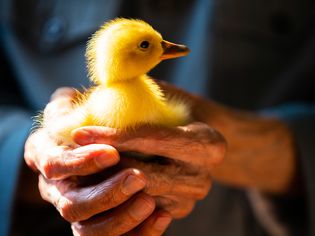
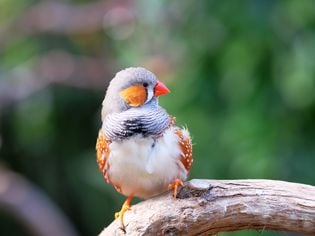
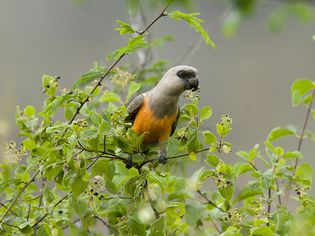
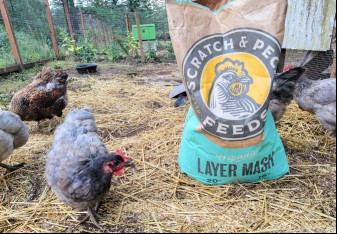
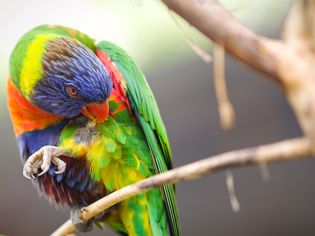
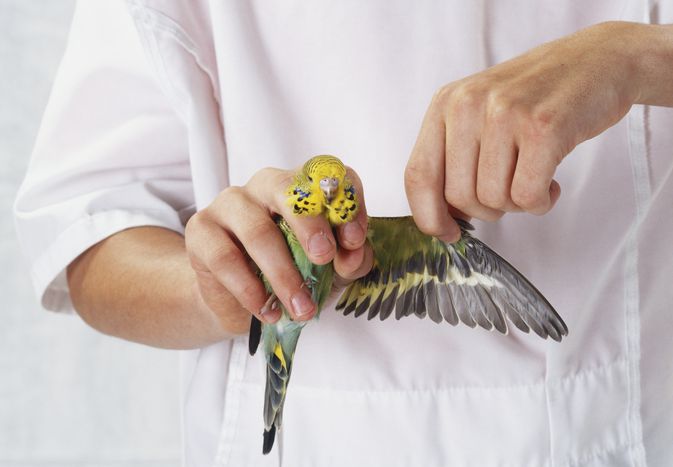
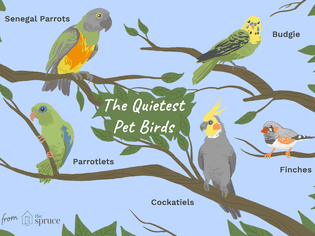
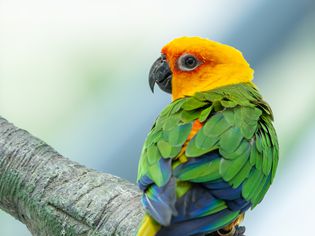
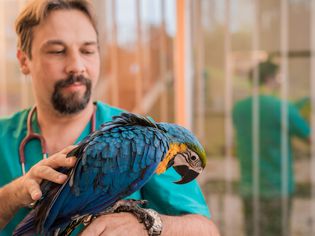
Comments on " Everything You Need to Know About Keeping a Duck as a Pet" :